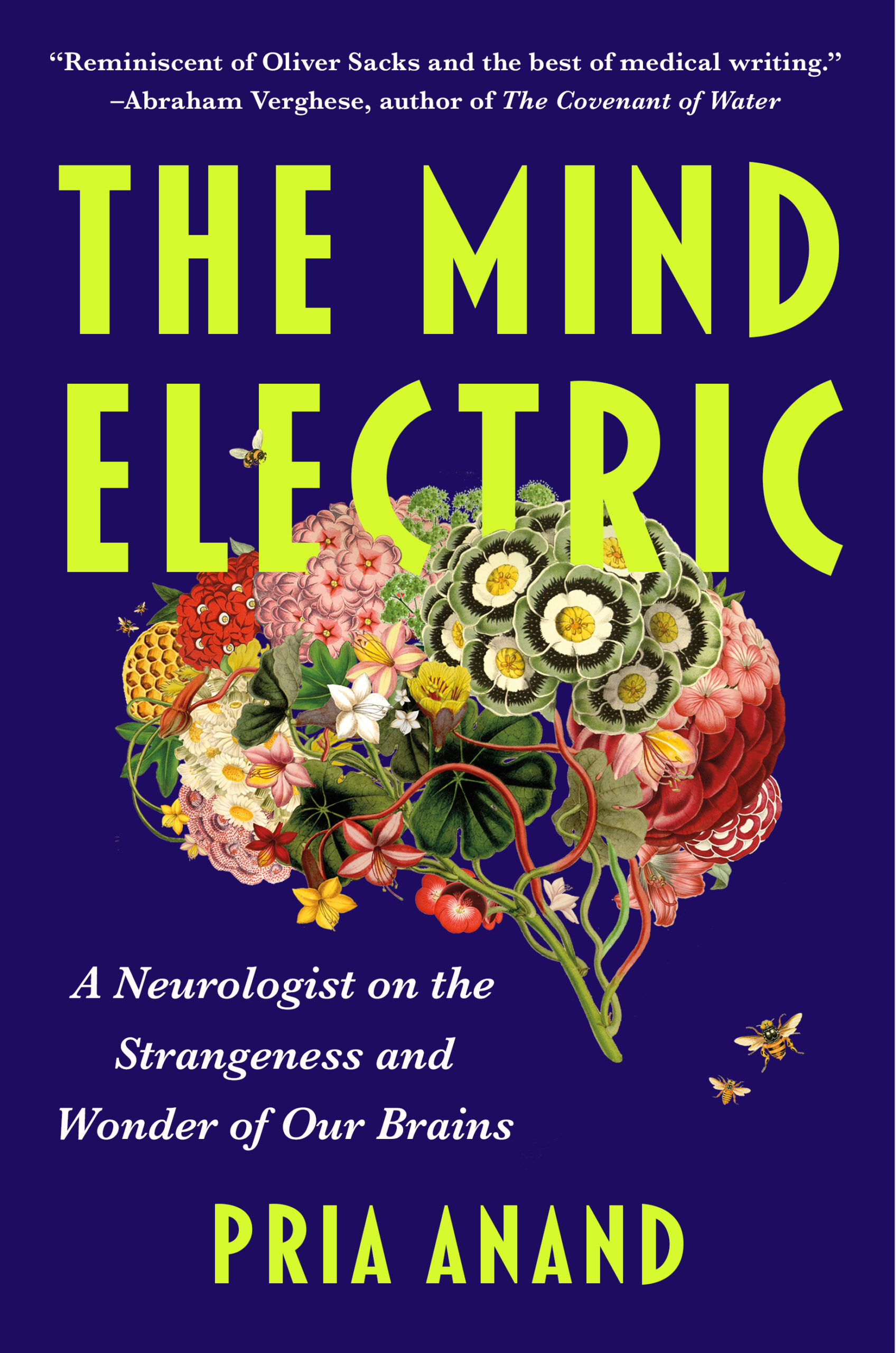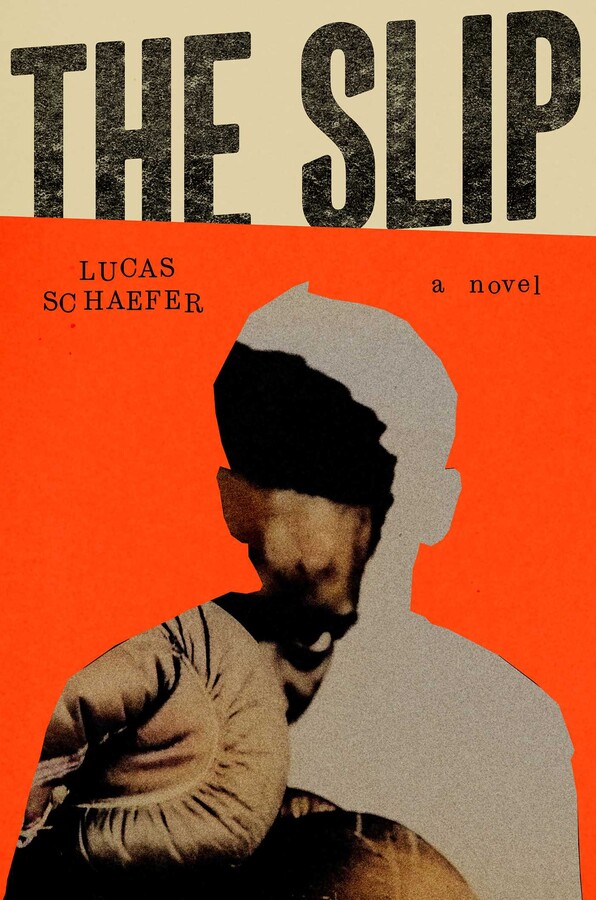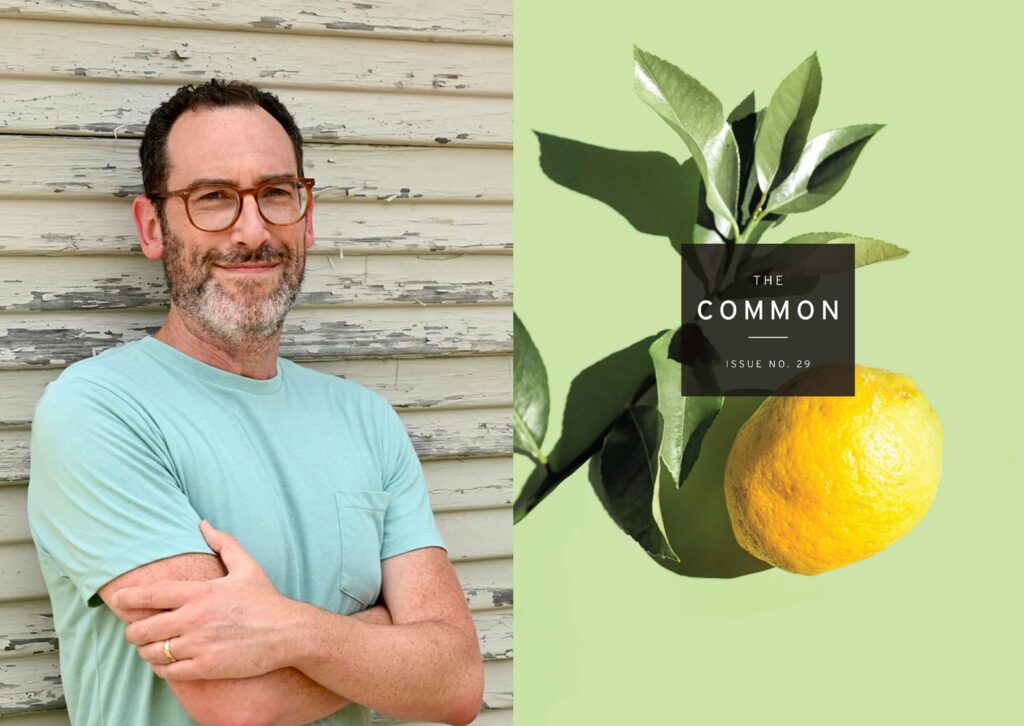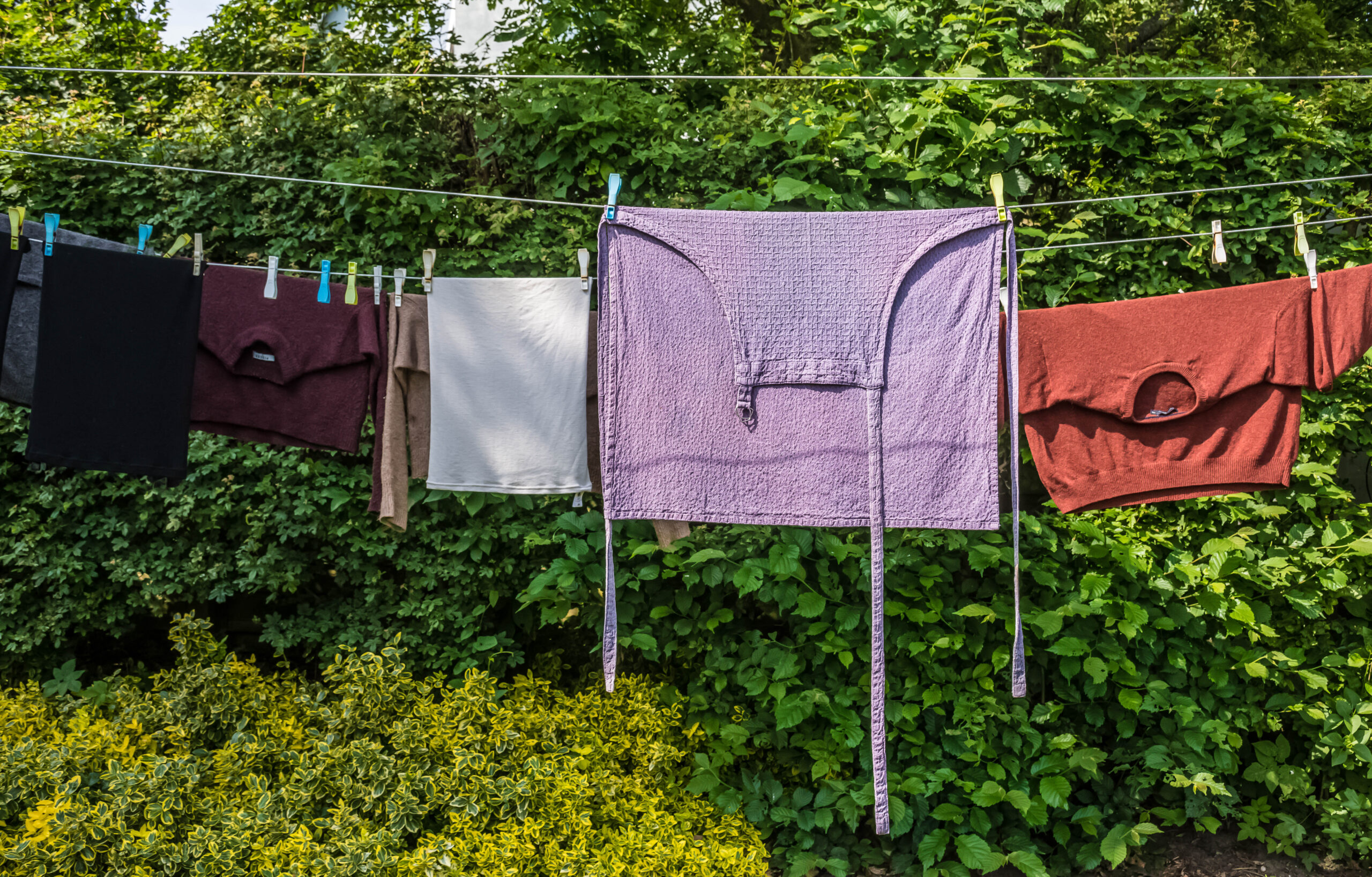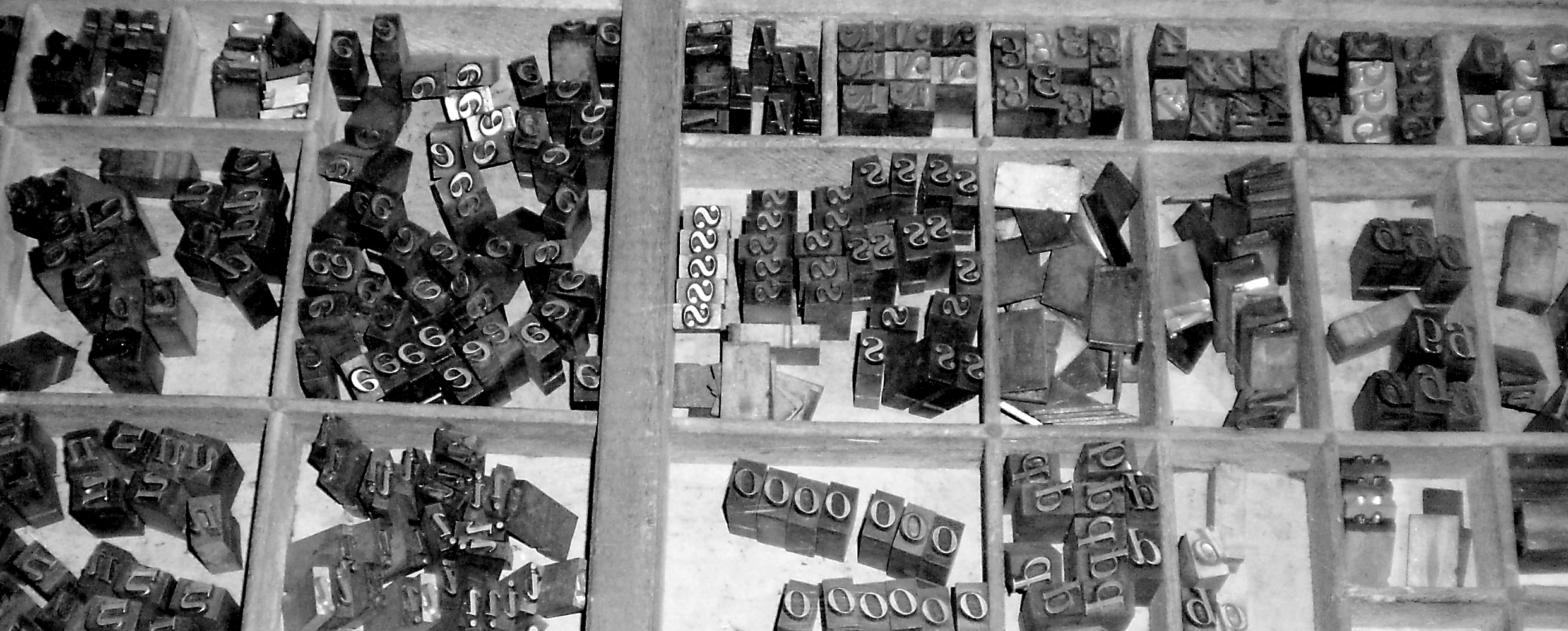By THEA MATTHEWS
Maryland, 2020
My partner wears the panopticon,
and I carry the rope. Hungry
for the rush, the chase, we locate
the missing black calf
about two-tenths of a mile
from East Silver Spring.
He’s wearing a long-sleeve
jersey T-shirt, navy blue jeans.
He’s three and a half feet tall,
and I can tell his age means
nothing to him. In his mind,
he treads with no care.
The report says he threw
a basketball, knocked over
a computer, and ran off
the school premises.
He looks at us, begins to wail.
My partner grabs him by the arm.
There is no crying! I taunt.
To lasso a calf, cowboys
must first use their weight
to hold the animal down
and then tie the legs together.
Does your mama spank you?
The boy shakes his head.
I tie the boy down with––
She’s gonna spank you today.
I’m gonna ask her to do it.
He wails even louder,
and screams, “No!”
He’s hyperventilating.
I command him to stop.
When the mother arrives,
I affirm point-blank,
We want you to beat him.
Beat him down to size,
the size he fits into a curb drain.
Beat him with your hands.
You can smack that butt, repeatedly.
My partner pulls out his handcuffs
to handcuff the boy,
the boy whose wrists are like
two thin stocks of red tulips.
My partner affirms,
These are for people
who don’t want to listen
and don’t know how to act.
The boy feels the cold steel of erasure,
of his name replaced by numbers.
The boy needs to learn,
or else…
We warned him.
Thea Matthews is a poet, author, and editor of African and Indigenous Mexican descent. Originally from San Francisco, California, she lives in Brooklyn, New York. Read more at TheaMatthews.com.
[Purchase Issue 28 here.]

